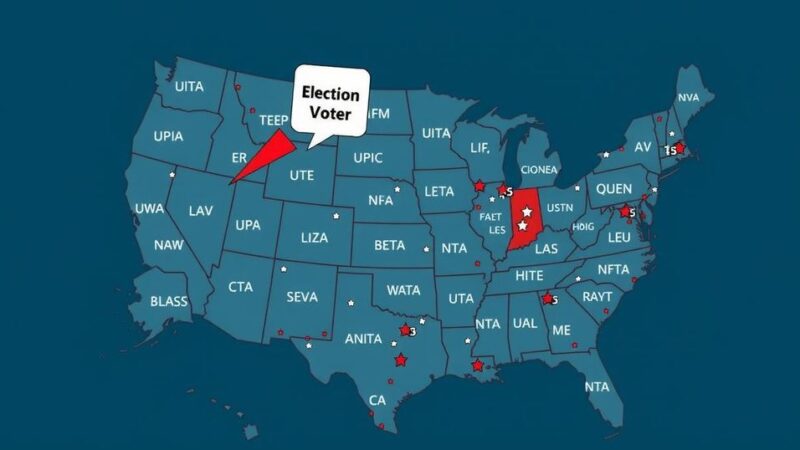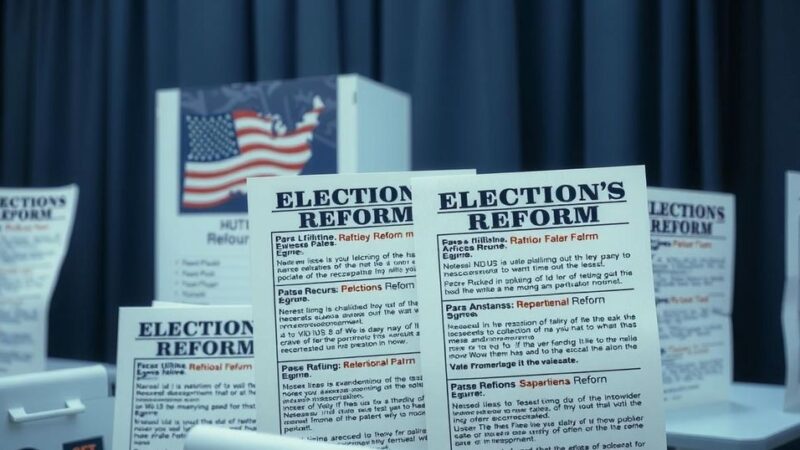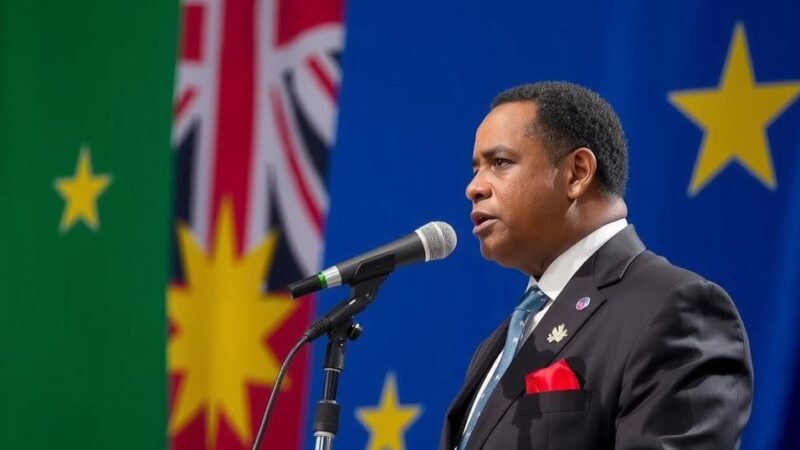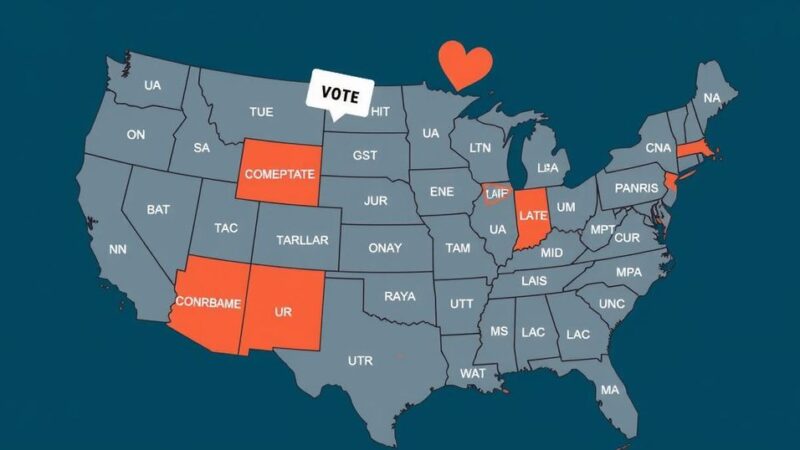The recent U.S. elections shed light on the nation’s political landscape, addressing significant issues such as immigration and economic policy. Candidates’ positions on global matters reflect divergent paths that the future administration may take. The election outcomes will not only determine America’s leadership but also shape its international role, especially concerning trade relations with countries like Mexico.
Recent elections in the United States have provided significant insights into the political landscape and the prevailing sentiments among American voters. The election results, as well as the rhetoric surrounding them, reflect a nation grappling with crucial issues such as immigration, economic policies, and international relations. Notably, the threats of imposing tariffs on Mexico by a prominent candidate illustrate the intersection of domestic concerns with foreign policy considerations, which could reverberate across borders into global economic systems. Furthermore, the contrasting positions of key candidates, particularly on global issues, emphasize the divergent paths that America may take moving forward. Hence, the outcome of this election will not only determine the nation’s leadership but also shape its role in the world stage during a pivotal juncture in history.
The recent U.S. elections serve as a pivotal moment to assess America’s political climate and how it impacts global perceptions. Political rhetoric, such as former President Trump’s threats regarding tariffs, showcases how domestic immigration policies significantly influence international relations. Additionally, the stances taken by candidates regarding global issues shed light on America’s future direction in foreign policy and its implications for global society. As voters head to the polls, their choices mirror broader concerns that resonate internationally, particularly regarding economic stability and foreign diplomacy.
In summary, the U.S. elections not only reflect the internal divisions and priorities of the American populace but also signify potential shifts in foreign policy that could affect international relations. As candidates navigate significant issues like immigration and international trade, their positions will likely influence America’s standing globally in the years to come. Thus, these elections underline the profound impact that domestic choices can have on global dynamics.
Original Source: www.washingtonpost.com






